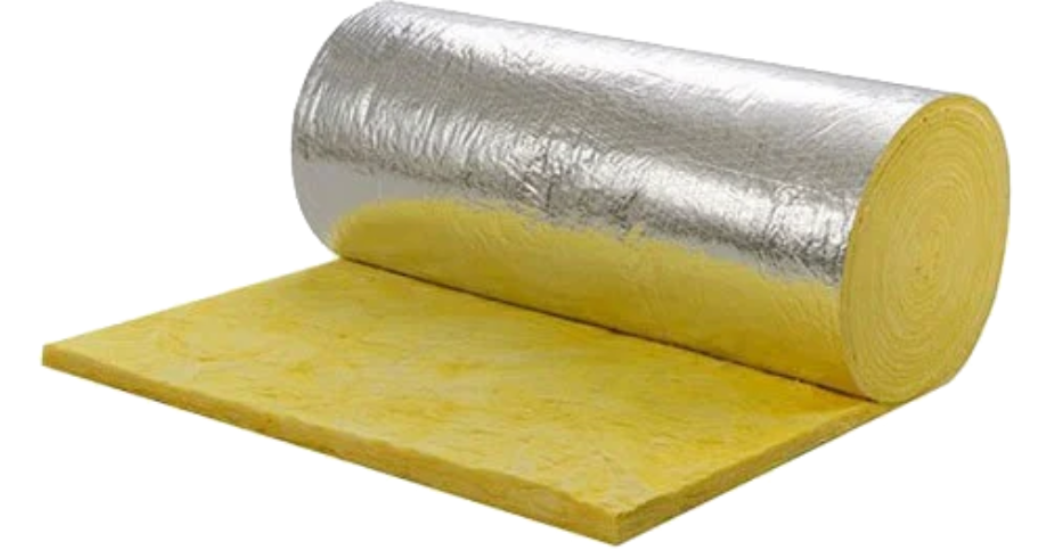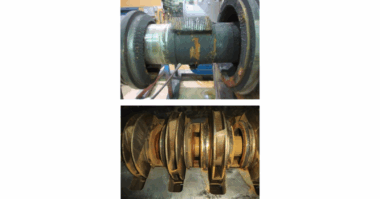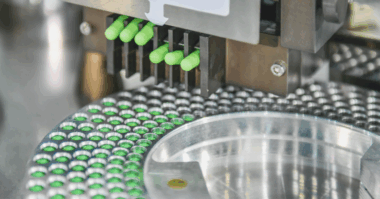PROBLEM FACED
Glass wool is made from recycled glass. It’s a poor conductor of heat and is generally used for industrial and commercial insulation applications—such as batts, blankets, and blowing wool—and for air ducts, ceiling panels, and acoustic panels.
The glass wool is made by melting glass in a furnace and sending it to a spinner to create fibers having millions of tiny air pockets that trap the air. Organic Resin such as phenolic binder and sugar-based binder undergo a heat-curing process that converts the binders to insoluble polymers. The resins are used for binding glass fibers into a wool structure. Other agents, such as lubricants and antistatic and wetting agents, can be added to the production process features.
A leading Glass Wool Manufacturer in South Africa was using progressive cavity pumps of a competitor brand to pump resins into the production line. The pumps ran 24/7 in three shifts ( i.e. 6 am to 2 pm, 2 pm to 10 pm, 10 pm to 6 am). The manufacturer was facing problems with stator degradation due to the continuous pumping of resin. This resulted in weakened flow rates along with pressure losses in their system, thus hampering production. The customer had to keep ordering pump spares regularly to minimize the downtime.
ROTO SOLUTION
After due diligence, the Roto Technical Team suggested using RDCA512 Medium Capacity Progressive Cavity Pumps with Nitrile stator & SS410 Hard Chrome Plated Rotor. This resulted in an increased lifetime of spares. Today, the pumps are running fine even after 12 months of operation. The customer is very happy with the superior quality of the stator and its performance. They are now planning to replace all pumps in their production line.




